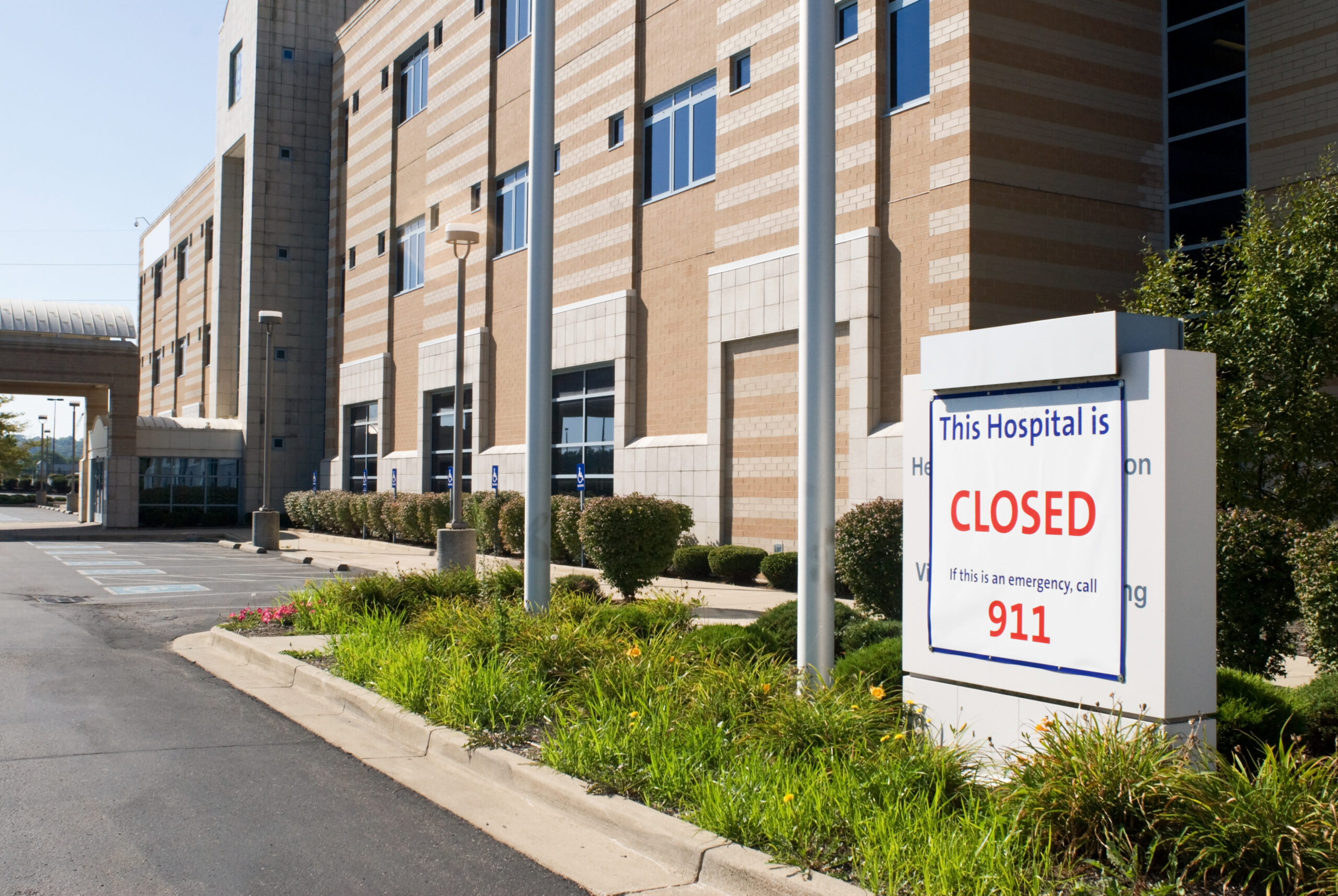Woke Medicine: Meeting Health-Related Social Needs During Anti-DEI Discourse
The Trump administration has set its sights on what it terms “wokeness” in health care. Health promoting interventions that address socioeconomically disadvantaged patients’ unmet social needs appear to be in the crosshairs.

Published
Author
Share
The Trump administration has set its sights on what it terms “wokeness” in health care. Health promoting interventions that address socioeconomically disadvantaged patients’ unmet social needs appear to be in the crosshairs. There is strong evidence that meeting what are often referred to as “Health related social needs” (HRSN) bolsters patient health outcomes and prevents (costly) future health issues.
Such services include transportation to and from appointments, postpartum supports, and assistance programs targeting utility or housing insecurity. Yet as attacks against HRSN interventions play out in general, one area is showing signs of resilience: Food is Medicine (FIM) interventions focused on nutrition and access to food, such as clinical food pantries, produce prescriptions, and Medically Tailored Meals (MTMs).
Federal Attacks on Health-Related Social Services
Downstream, federal authorities are methodically dismantling programs that once tied health care to social services. MAGA leaders see these programs as identity politics’ infiltration of traditional medical practice, labeling HRSN interventions “woke” and calling for their excision from healthcare.
- In March 2025, Centers for Medicare & Medicaid Services (CMS) rescinded Biden-era guidance that encouraged states Medicaid agencies to address HRSN.
- In July 2025, Congress slashed federal funding for the Supplemental Nutrition Assistance Program by $187 billion in the One Big Beautiful Bill.
- That same month, Health and Human Services insiders foretold of Secretary Robert F. Kennedy, Jr.’s plan to dismiss all 16 members of the U.S. Preventative Services Task Force for being “too woke.”
- Also in July, CMS finalized the removal of health equity quality measures from the Hospital Inpatient Quality Reporting Program.
Upstream, medical schools, accreditation bodies, and research journals are also being targeted.
- In April 2025, an executive order lambasted leading medical school accreditation organizations for “unlawful discriminatory practices” which promote diversity.
- Do No Harm — a powerful conservative nonprofit — continues to decry words like “equity,” “disparities,” and “social” in medical classrooms for politically indoctrinating America’s future doctors.
- In April 2025, a Trump-appointed federal prosecutor sent peer reviewed medical journals (JAMA, NEJM, and others) letters claiming they were partisan and demanding policies supporting viewpoint diversity.
Hope Remains in Food is Medicine
Advocates worry this general push against social-related factors, especially those that disproportionately affect minority populations, will depress health promotion efforts. And rightfully so: The chilling effect of the federal landscape is apparent.
But will the total and permanent excision of socially conscious medicine come to pass? Simply stated, no.
The diversity and numerosity of HRSN interventions will struggle against strong federal opposition, especially nascent interventions such as housing or utility supports. Yet there is hope in the continued momentum for FIM programs. FIM’s resiliency is a beacon of hope that the policy goals undergirding HRSN interventions have staying power, even if ither HRSN interventions are depressed over the next few years.
Federally, there has been bipartisan legislative and regulatory support for the connection between food and health.
- In September 2025, nine congressional members (four Republicans, five Democrats) introduced a bicameral, bipartisan FIM bill, the Medically Tailored Home-Delivered Meals Demonstration Pilot Act, to treat acute diet-related illnesses in seniors.
- Days prior, the four Senate co-sponsors wrote a letter to CMS requesting the agency to establish standardized billing codes for MTMs.
- Members of Congress have introduced multiple bills focused on food insecurity and access to local food, including two in July supporting local food purchasing and one in September addressing food insecurity in active duty military families.
- In its July 2025 final rule rescinding the HRSN Framework, CMS highlighted ongoing consideration of ways to measure nutrition in patients, food availability, and food security.
On the state level, support for nutrition interventions is crystalizing into landmark victories.
- In May 2025, Oklahoma passed legislation to directing the state Medicaid authority to cover FIM interventions.
- In July 2025, Texas and Louisiana both passed legislation in June establishing nutrition education requirements for doctors and certain health professionals—the first in the nation.
- In March 2025, Maine submitted a Medicaid Section 1115 demonstration proposal to cover the full suite of FIM interventions.
- CMS is also considering Section 1115 FIM proposals advanced by Washington, D.C., and Nevada.
Food Is Medicine: A HRSN Trojan Horse
The particularly strong resiliency of FIM interventions is likely a product of its idiosyncrasies. For instance, the leading cause of death in the U.S. is poor nutrition and its associated chronic conditions. The scope of food and nutrition insecurity incentives political alignment. As a truism, no other HRSN has this distinction. Moreover, nutrition policy is also benefitting from the food-centered rhetoric of the MAHA movement. Indeed, the founder of the MAHA Caucus in the Senate co-authored the Medically Tailored Home-Delivered Meals Demonstration Pilot Act.
Counterintuitively, the idiosyncratic nature of FIM interventions should invigorate hope in the staying power of social services in medicine. The next few years may see setbacks in certain HRSN interventions, especially nascent interventions such as housing or utility supports. However, even if all other interventions lose traction, Food is Medicine will carry forward the broader vision of health care intertwined with social need supports.
Some movements do not die under political pressure, they are temporarily camouflaged. The success of emerging nutrition interventions will show policymakers what medical, social services, and community health professionals already know: Our health is intrinsically linked to our environment and social supports, and solutions which target these everyday facets of our lives promise transformative benefits to patient health.
So long as one HRSN intervention remains, the spirit of health-related social supports will live on.


